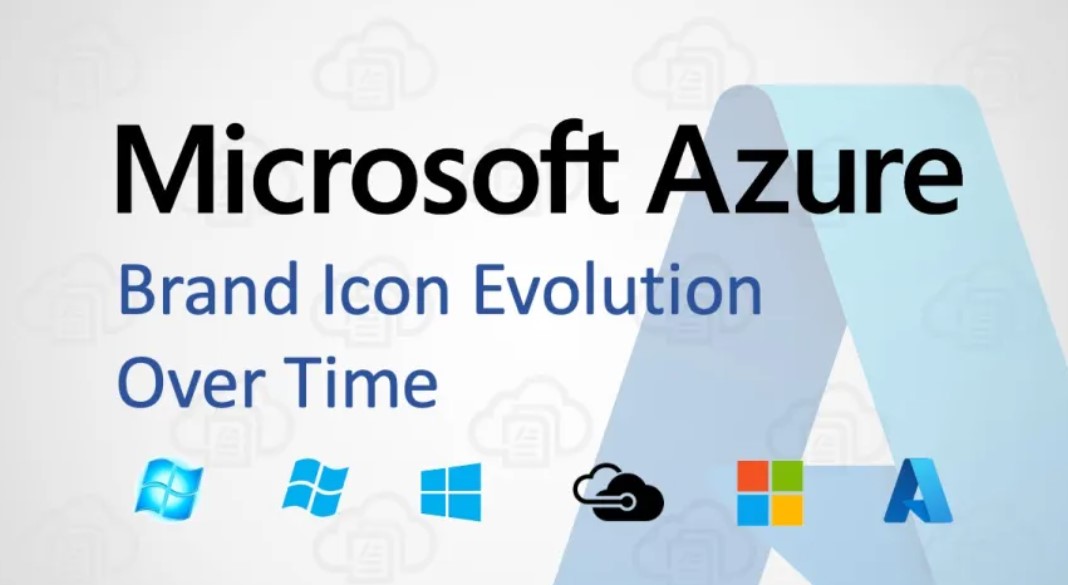
If you are considering using Microsoft Azure for your business or have been recommended it and want to understand what it is and how it works, you have come to the right place.
It is vital that you develop a strong understanding of what Microsoft Azure is and how it works before you decide to invest in it, because otherwise you will have no way of knowing how to integrate it into your business, how to optimize it to work properly for your specific needs, or whether it is even the right path for you to take.
So, what is Microsoft Azure? Well, it is a cloud computing platform – as well as a whole suite of various cloud services – which provides a host of platform services, infrastructure, and software services.
This means that you can build, manage, and deploy a variety of applications through Microsoft’s network of remote servers.
Indeed, this wide range of capabilities includes data services, Platform as a Service, Software as a Service, Infrastructure as a Service, artificial intelligence, machine learning, and Internet of Things applications, among many others.
If this all sounds complicated, then don’t worry. This short guide will help you to master Microsoft Azure:
Use a Microsoft Azure software licensing partner
One of the best steps you can take when you are first getting to grips with Microsoft Azure or are trying to integrate it into your business is to pair up with a Microsoft Software Licensing partner.
This is because they can help steer you and your business in the right direction when choosing the specific Azure set-up or solution for your business. Every organization is different, and there is no one-size-fits-all all approach to cloud computing.
Of course, this can quickly become expensive if you don’t know which applications to integrate into your business, so having a licensing partner who can negotiate the best deals for the right solutions is a huge advantage to have.
Set clear goals
Like anything in business, when you are trying to master Microsoft Azure, you need to have clear parameters of success to understand why you are trying to master this system.
For example, if you are intending to use Microsoft Azure to store your company’s sensitive data, then set a goal of understanding how cloud data storage works, along with the best practices you will need to maintain to keep your information safe from cyber attackers.
This way, you won’t be swamped by the sheer mass of information surrounding Azure, and instead, keep focused on your specific end goal.
Understand the fundamental concepts of Microsoft Azure
Lastly, you need to develop a firm grasp of the fundamental concepts that make up Microsoft Azure. You don’t actually need to be an expert to derive value from this platform. You just need to have a working knowledge of the basics.
For example, you will need to understand the fundamentals of the Azure Portal, which is essentially the system’s control center. You may also want to look into the Azure app service, identity, access management controls, and cost management tools.
